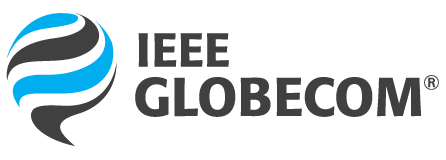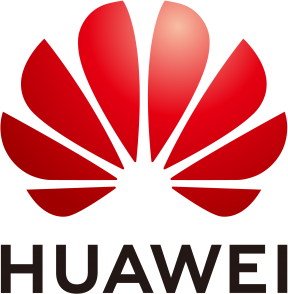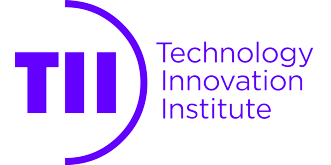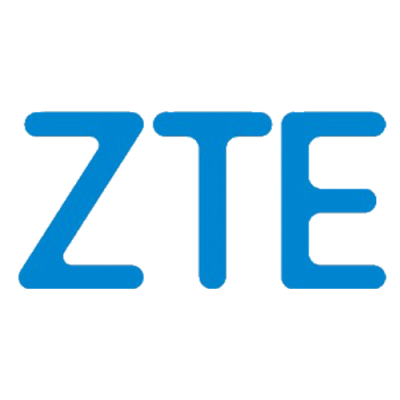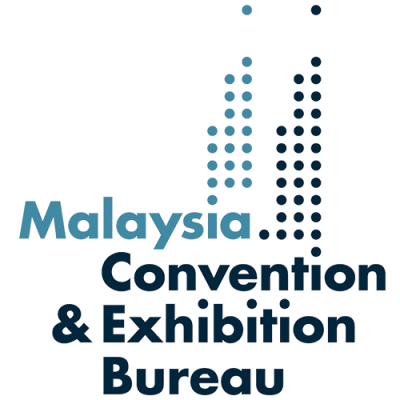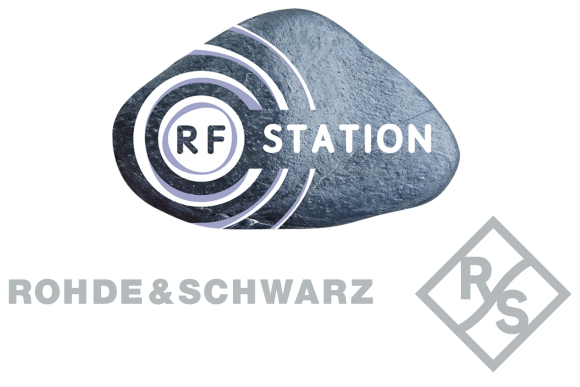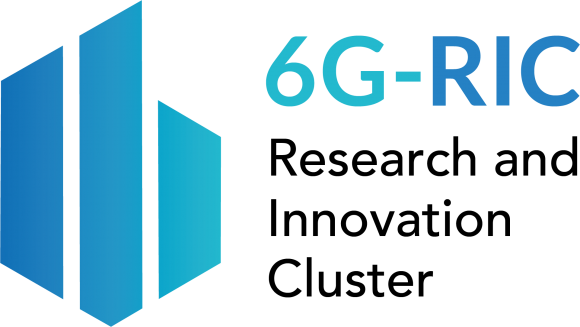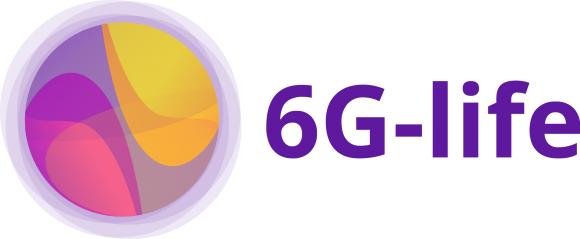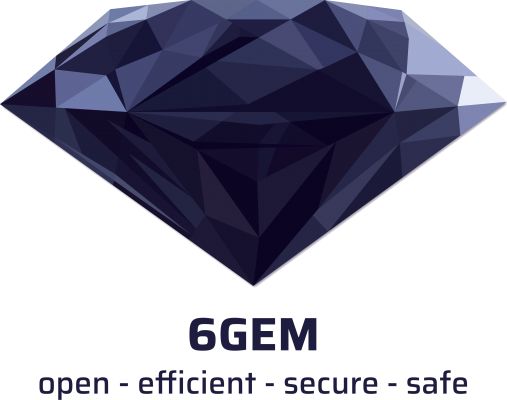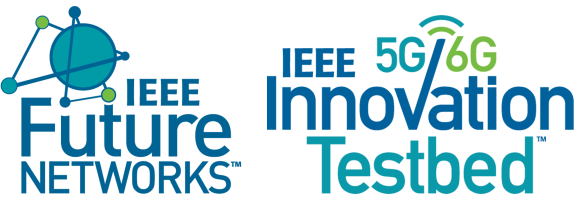KEYNOTE SPEAKERS
We are excited to annouce the following two keynote talks on the topics of channel coding beyond 5G.

Prof. Norbert Wehn, University of Kaiserslautern-Landau, Germany
Norbert holds the chair for Microelectronic System Design in the department of Electrical Engineering and Information Technology at the University of Kaiserslautern-Landau. He has more than 450 publications in various fields of microelectronic system design and holds several patents. His special research interests are VLSI-architectures for mobile communication, forward error correction techniques, low-power techniques, advanced SoC and memory architectures, postquantum cryptography, reliability challenges in SoC, machine learning, IoT and smart learning environments.
Keynote Title: 5G/6G Forward Error Correction under Silicon Implementation Constraints
Channel coding is a crucial technology component in any digital baseband processing. Current and emerging communication standards require a continuous increase in error correction performance, higher throughput, and lower latencies. The transistor density still follows Moore’s law, but the improvement in interconnect delay and power largely slows down. Hence, for 5G and B5G use cases with high throughput, low latency and very good error correction capability, efficient implementation becomes a major bottleneck for the successful application of advanced channel coding from a silicon implementation perspective. In this talk we discuss implementation challenges and solutions for such decoders.

Prof. Qin Huang, Beihang University, China
HUANG Qin received the B.E. and M.E. degrees from Southeast University, China, in 2005 and 2007, respectively, and the Ph.D. degree from the University of California at Davis, USA, in 2011. He is currently a Professor with the School of Electronic and Information Engineering, Beihang University, Beijing, China. His research interests include classical and modern coding theory, and their applications. He served as an Associate Editor for the IEEE Transactions on Communications, an Area Editor for the Physical Communications, and a panel member for IEEE DSTC Best Paper Award. He has designed five error control codes for three Chinese national standards. He was awarded/sponsored by Ministry of Education, Natural Science Foundation, and Association for Science and Technology of China.
Keynote Title: New Structure Behind Cyclic Codes: Polynomial Derivatives
This talks defines cyclic derivative descendants and ascendants of extended cyclic codes from the derivative of the Mattson-Solomon polynomials. It proves that the derivative descendants of an extended cyclic code in different directions are the same. It allows us to perform soft-decision decoding on extended cyclic codes based on the soft-decision decoding of their descendants. Simulation results show that its performance over certain extended cyclic codes, including some extended BCH codes, can be close to that of the maximum likelihood decoding. Moreover, we define minimal derivative descendants as well as perform decoding from them.
2023 IEEE Globecom Workshops: Channel Coding beyond 5G
Session-1 (Channel Coding 1)
Session time Friday, 09:00 am until 10:30 am
Location 406
Chaired by Wai Ho Mow (Hong Kong University of Science and Technology, Hong Kong)
- Keynote 5G/6G Forward Error Correction under Silicon Implementation Constraints
- Prof. Norbert Wehn, University of Kaiserslautern-Landau, Germany
- New Search for Optimized PAC Codes under SCL Decoding
- Murad Abdullah (The Hong Kong University of Science and Technology, Hong Kong); Wai Ho Mow (Hong Kong University of Science and Technology, Hong Kong)
- A Finite Blocklength Approach for AWGN Relay Network with Receiver-Transmitter Feedback
- Han Deng (Southwest Jiaotong University, China); Dengfeng Xia (Southwest Jiaotong University, China); Yating Lin (Southwest Jiaotong University, China); Bin Dai (Southwest Jiaotong University, China)
- Polar Codes with Enhanced Weight Distribution
- Heping Wan (Samsung Research America, USA); Joonyoung Cho (Samsung Research America, USA); Charlie Zhang (Samsung Telecommunications America, USA)
- An Efficient Construction of Polarization-Adjusted Convolutional Codes
- Zhuangzhuang Sun (University of Electronic Science and Technology of China, China); Dengsheng Lin (University of Electronic Science and Technology of China, China); Yue Xiao (University of Electronic Science and Technology of China, China); Ming Xiao (Royal Institute of Technology, Sweden)
- Adaptive Symbol Mapping for QC-LDPC Coded BICM HARQ Systems
- Hongsil Jeong (Samsung Electronics, Korea (South)); Min Jang (Samsung Electronics, Korea (South)); Seho Myung (Samsung Electronics Co., Ltd., Korea (South)); Kyung-Joong Kim (Samsung Electronics, Korea (South)); Seok-Ki Ahn (Electronics and Telecommunications Research Institute, Korea (South)); Sang-Hyo Kim (Sungkyunkwan University, Korea (South))
- A Finite Blocklength Coding Scheme for the AR(1) Gaussian Channel with AWGN Feedback Channel
- Dengfeng Xia (Southwest Jiaotong University, China); Han Deng (Southwest Jiaotong University, China); Guangfen Xie (Southwest Jiaotong University, China); Chuanchuan Yang (State Key Laboratory of Advanced Optical Communication Systems and Networks, Peking University, China); Bin Dai (Southwest Jiaotong University, China)
Session-2 (Channel Coding 2)
Session time Friday, 11:00 am until 12:30 pm
Location 406
Chaired by Alvin Y. Sukmadji (University of Toronto, Canada)
- Keynote New Structure Behind Cyclic Codes: Polynomial Derivatives
- Prof. Qin Huang, Beihang University, China
- On Polar Code Based Bit-level Probabilistic Shaping
- Liangming Wu (Qualcomm, USA); Wei Yang (Qualcomm Technologies, Inc, USA); Jing Jiang (Qualcomm, USA); Kexin Xiao (Qualcomm, China); Wei Liu (Qualcomm Technologies, Inc., USA); Changlong Xu (Qualcomm, USA); Hao Xu (Qualcomm Technologies Inc., USA); Thomas Richardson (Qualcomm Flarion Inc., USA)
- PAC Codes for Source and Joint Source-Channel Coding
- Mengfan Zheng (Peng Cheng Laboratory, China); Cong Ling (Imperial College London, United Kingdom (Great Britain))
- Deep-Polar Codes: An Efficient Error Correction Code for Short Blocklength Transmission
- Geon Choi (POSTECH, Korea (South)); Namyoon Lee (Korea University, Korea (South))
- A Novel Design for Geometric Constellation Shaping
- Yinhua Jia (Qualcomm Technologies, Inc., China); Liangming Wu (Qualcomm, USA); Changlong Xu (Qualcomm, USA); Wei Liu (Qualcomm Technologies, Inc., USA); Hao Xu (Qualcomm Technologies Inc., USA); Thomas Richardson (Qualcomm Flarion Inc., USA)
- Generalized Spatially-Coupled Product-Like Codes using Zipper Codes with Irregular Degree
- Alvin Y. Sukmadji (University of Toronto, Canada); Frank R. Kschischang (University of Toronto, Canada); Mohannad Shehadeh (University of Toronto, Canada)
- A New Joint Source-Channel Coding in the Short Blocklength Regime
- Qianfan Wang (Sun Yat-Sen University, China); Yanzhi Chen (Sun Yat-Sen University, China); Jifan Liang (Sun Yat-Sen University, China); Baodian Wei (Sun Yat-Sen University, China); Xiao Ma (Sun Yat-sen University, China)
Session-3 (Channel Coding 3)
Session time Friday, 02:00 pm until 03:30 pm
Location 406
Chaired by Li Chen (Sun Yat-sen University, China)
- Step-GRAND: A Low Latency Universal Soft-input Decoder
- Syed Mohsin Abbas (The Hong Kong University of Science and Technology (HKUST), Hong Kong); Chi-Ying Tsui (Hong Kong University of Science and Technology, Hong Kong); Marwan Jalaleddine (McGill University, Canada); Warren Gross (McGill University, Canada)
- Perturbation-enhanced SCL decoder for Polar codes
- Xianbin Wang (Huawei Technologies, Co. Ltd., China); Huazi Zhang (Huawei Technologies, Co. Ltd., China); Jiajie Tong (Huawei Technologies, Co. Ltd., China); Jun Wang (Huawei Technologies Co. Ltd, China); Jianglei Ma (Huawei, Canada); Wen Tong (Huawei Technologies Canada Co., Ltd., Canada)
- Low-Complexity Chase Decoding of Hermitian Codes with Re-encoding Transform and Fast Factorization [Best Paper Nomination]
- Jiwei Liang (Sun Yat-Sen University, China); Li Chen (Sun Yat-sen University, China)
- A High Flexibility Decoding Structure with High Hardware Utilization Efficiency for QC-LDPC
- Zhenliang Ye (Guangdong University of Technology, China); Xiongfei Zhai (Guangdong University of Technology, China); Jinhong Mo (Guangdong University of Technology, China); Guojun Han (Guangdong University of Technology, China)
- Soft-Output Deep Neural Network-Based Decoding
- Dmitry Artemasov (Skolkovo Institute of Science and Technology, Russia); Kirill Andreev (Skolkovo Institute of Science and Technology, Russia); Pavel Rybin (Skolkovo Institute of Science and Technology, Russia); Alexey A. Frolov (Skolkovo Institute of Science and Technology, Russia)
- Guessing Random Additive Noise Decoding with Quantized Soft Information
- Peihong Yuan (MIT, USA); Ken R. Duffy (Northeastern University, USA); Evan Gabhart (MIT, USA); Muriel Médard (MIT, USA)
